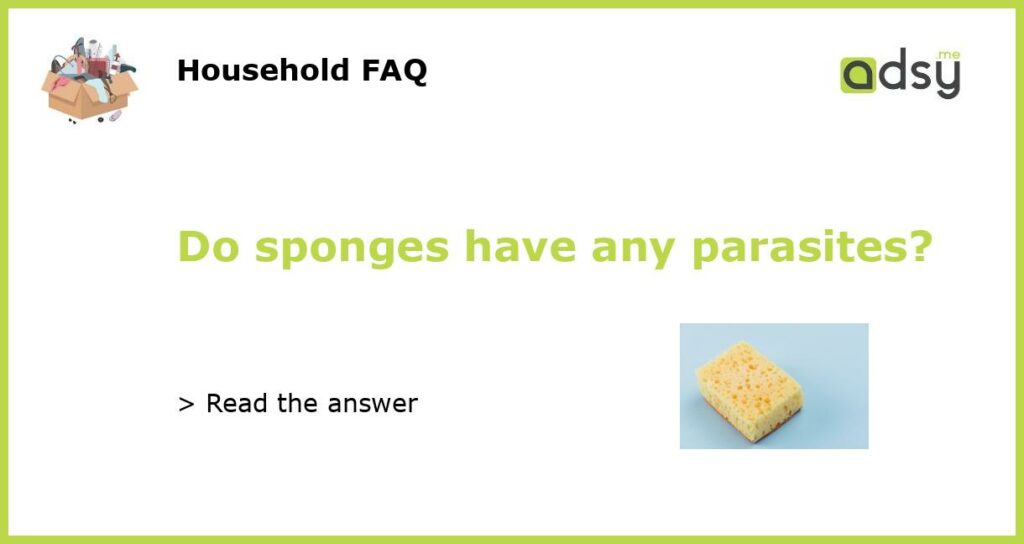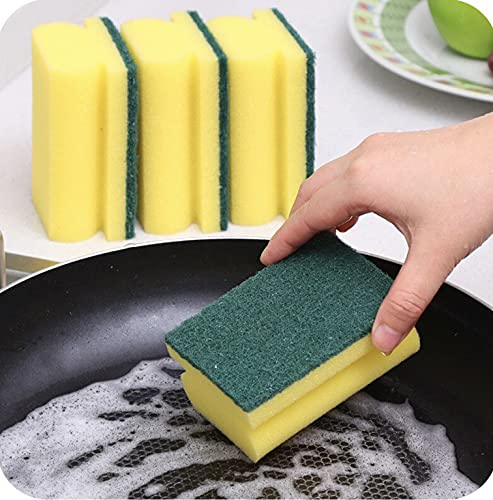Yes, sponges can have parasites
Sponges, the fascinating creatures that are part of the phylum Porifera, can indeed have parasites. Although sponges are generally known for their sessile nature and filter-feeding lifestyle, they are not immune to the presence of parasites. These parasites can take several forms, ranging from smaller organisms that live on the outer surface of the sponge to larger organisms that inhabit the sponge’s interior.
Types of parasites found in sponges
There are various types of parasites that can be found in sponges. One example is the sponge-dwelling shrimp, which lives and feeds within the cavities of certain sponge species. These shrimp form a mutualistic relationship with the sponge, where they gain protection and food while providing the sponge with cleaning services. Another example is the parasitic flatworms, which can live within the body cavity of a sponge and absorb nutrients from its host. Additionally, some sponges can be infested with other organisms, such as algae or bacteria, which can be considered as commensals or parasites depending on the impact they have on the sponge’s health.
Effects of parasites on sponges
The presence of parasites can have various effects on sponges. In some cases, parasites can cause damage to the sponge by consuming its tissues or interfering with its feeding and reproduction processes. This can lead to a decrease in the sponge’s growth rate and overall health. Furthermore, parasites can increase the vulnerability of sponges to other stressors, including disease and predation. On the other hand, some researchers believe that the presence of certain parasites can help maintain the diversity and stability of sponge communities by regulating the population size of their hosts.
Parasite-host interactions in sponges
The interactions between parasites and their sponge hosts can vary depending on the species involved. Some parasites have evolved specific adaptations to ensure their survival within the sponge’s ecosystem. For example, some sponge-dwelling shrimp have specialized body shapes and colors that allow them to blend in with their host, making it harder for predators to detect them. Other parasites may release chemical signals that manipulate the sponge’s immune system, enabling them to establish a long-term residence without being attacked or rejected by the host.
Research on sponge parasites
The study of sponge parasites is a relatively new field of research, and scientists are still uncovering many aspects of these intricate relationships. Researchers are particularly interested in understanding how parasites affect sponge ecology and community dynamics. They are also exploring the potential therapeutic applications of certain sponge-associated parasites, as they have been found to produce bioactive compounds with antimicrobial, antiviral, and anticancer properties. By gaining a deeper understanding of sponge-parasite interactions, scientists hope to unlock the secrets of these ancient organisms and their complex relationships with other marine organisms.






